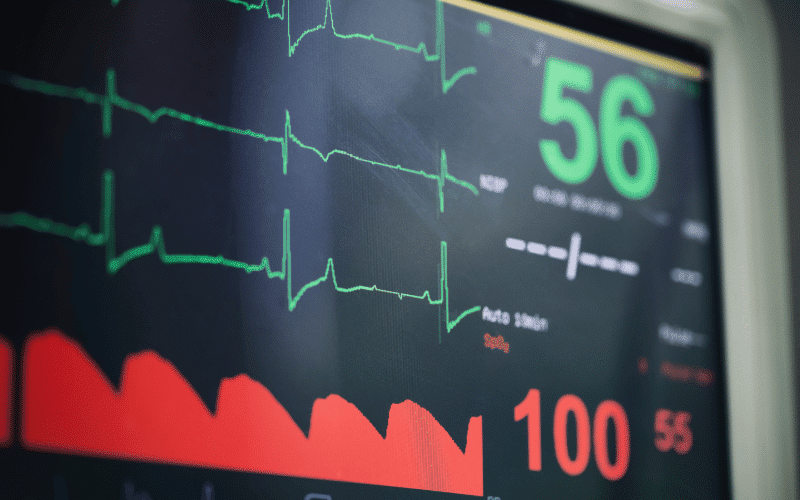Symptom 10: Rapid Heart Rate

A rapid heart rate in the context of hypernatremia is typically the body’s compensatory response to maintain adequate blood flow and oxygen supply to vital organs. Elevated sodium levels can disrupt the delicate balance of fluids in and around cells, leading to cellular dehydration and a decrease in blood volume. As a result, the heart must work harder and beat faster to pump blood effectively throughout the body.
Furthermore, high sodium concentrations can directly impact the electrical conduction system of the heart, causing irregularities in the heart rhythm. The increased sodium levels can alter the balance of electrolytes that are crucial for the generation and propagation of electrical impulses within the heart muscle. This disruption may contribute to the development of tachycardia.
Tachycardia as a symptom of hypernatremia can be particularly concerning, as it can exacerbate the underlying fluid imbalance and strain the heart. In severe cases, this may lead to complications such as heart failure, cardiac arrhythmias, and even sudden cardiac arrest. Therefore, early recognition and appropriate management of hypernatremia are crucial to prevent life-threatening complications and restore normal heart function.
A rapid heart rate is a significant symptom of hypernatremia that requires prompt attention and medical intervention. Identifying and treating the underlying cause of the elevated sodium levels is essential for mitigating the risk of serious cardiac complications. (9)